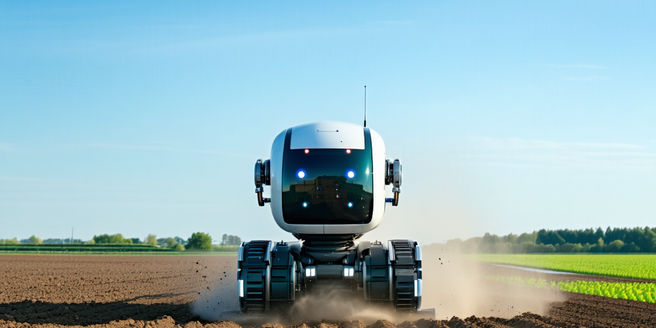Ai In Autonomous Vehicle Technology

The Role of AI in Enhancing Vehicle Safety
Artificial Intelligence transforms vehicle safety through advanced algorithms that allow for real-time hazard detection and response. AI technologies such as computer vision and sensor fusion enable vehicles to identify potential dangers and make split-second decisions to avoid collisions. By processing vast amounts of data from various inputs like cameras, lidar, and radar, AI can predict movements of pedestrians and other vehicles. AI’s ability to accurately recognize objects and assess risks improves the effectiveness of advanced safety features, including automatic emergency braking and lane-keeping assist. As more vehicles become equipped with AI, the potential for reducing accident rates significantly increases, fostering a safer driving environment.
AI-driven Navigation and Mapping Systems
AI-powered navigation systems revolutionize how vehicles traverse through complex environments by providing accurate real-time route guidance. Advanced mapping systems leverage machine learning to continuously update maps with the latest traffic data, road closures, and construction zones, delivering optimal routing decisions. AI considers various factors like traffic patterns and historical data to suggest alternate routes, minimizing travel time and improving fuel efficiency. Its adaptive learning capabilities enable the navigation system to learn from drivers’ habits, personalizing the driving experience. As a result, autonomous vehicles can navigate complex cityscapes with unparalleled precision, reducing the reliance on static maps.
Machine Learning in Traffic and Environment Analysis
Machine Learning forms the backbone of autonomous vehicles’ ability to interpret and respond to environmental cues and traffic dynamics. By analyzing patterns in traffic flow, weather conditions, and road surfaces, ML models can predict congestion and optimize vehicle speed and trajectory. ML algorithms process data from onboard sensors to differentiate between various objects, such as distinguishing a cyclist from a pedestrian, ensuring accurate decision-making. Moreover, continuous learning allows vehicles to adapt to new scenarios and enhance their performance over time. This adaptability leads to smoother and more efficient driving, minimizing stop-and-go traffic, which contributes to a more sustainable transportation ecosystem.
Impact of AI on Fuel Efficiency and Emissions
AI technologies contribute significantly to improving fuel efficiency and reducing emissions in autonomous vehicles. By optimizing route planning and driving patterns, AI systems can minimize unnecessary idling and excess acceleration, which lowers fuel consumption. Predictive maintenance powered by AI further ensures that vehicles operate at peak efficiency, identifying potential mechanical issues before they lead to increased emissions or breakdowns. Real-time monitoring of traffic conditions allows AI-driven vehicles to avoid congestion and its associated fuel waste. Through these advancements, AI not only boosts the energy efficiency of autonomous vehicles but also aligns with global efforts towards reducing carbon footprints.
Challenges Facing AI Integration in Autonomous Vehicles
Integrating AI into autonomous vehicles poses several challenges that must be addressed for successful deployment. Data privacy and security remain major concerns, as vehicles collect extensive personal and environmental data. Ensuring robust cybersecurity measures to prevent hacking is crucial. Continuous advancements in sensor technology also play a vital role in improving system accuracy and reliability. Another challenge is the development of algorithms capable of handling unpredictable human behavior and edge-case scenarios. Regulatory and ethical considerations also need resolution, as AI systems should align with regional traffic laws and safety standards. Furthermore, public trust and acceptance of AI-driven technology are essential, requiring transparent performance indicators and consistent positive user experiences.
Future Prospects of AI in Self-Driving Cars
The future of AI in self-driving cars is poised for groundbreaking advancements, promising increased efficiency and safety. As AI technologies continue to evolve, we can anticipate more sophisticated sensory systems, enabling vehicles to seamlessly interact with their environment. Enhanced data analytics will empower autonomous vehicles to anticipate and react to complex scenarios with greater precision. The integration of 5G networks ensures faster data processing, facilitating real-time communication between vehicles and infrastructure. In the coming years, AI is expected to drive significant reductions in traffic congestion and contribute to urban planning developments. These innovations highlight AI’s potential to redefine transportation landscapes, paving the way for smarter, more connected cities.